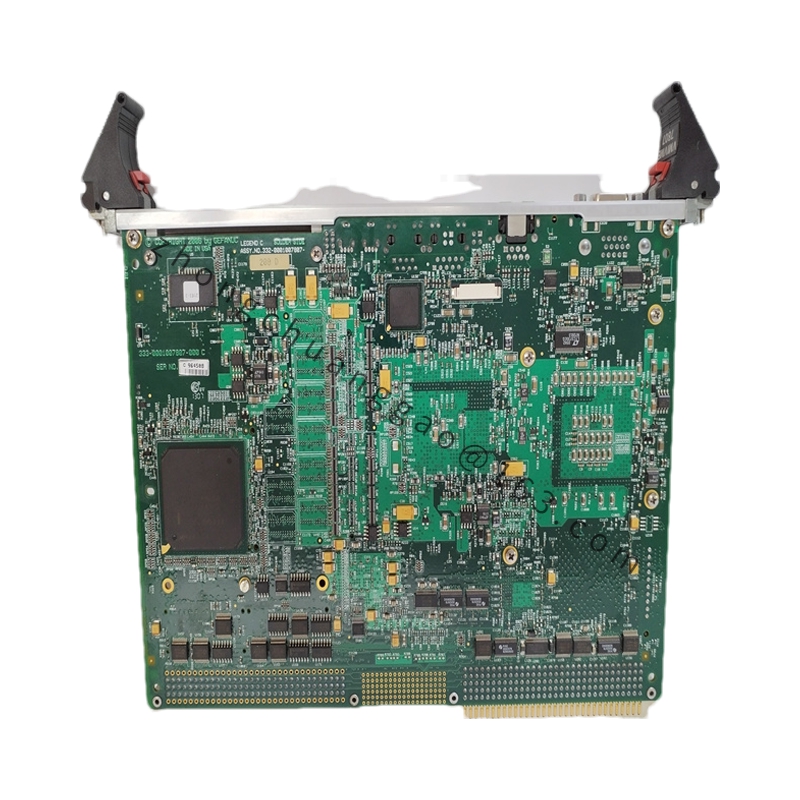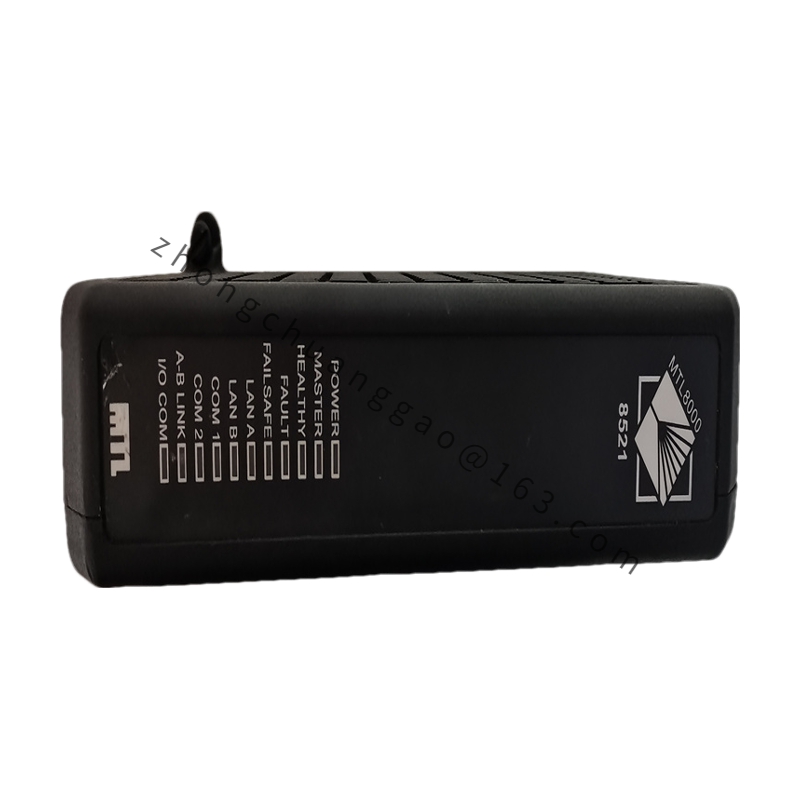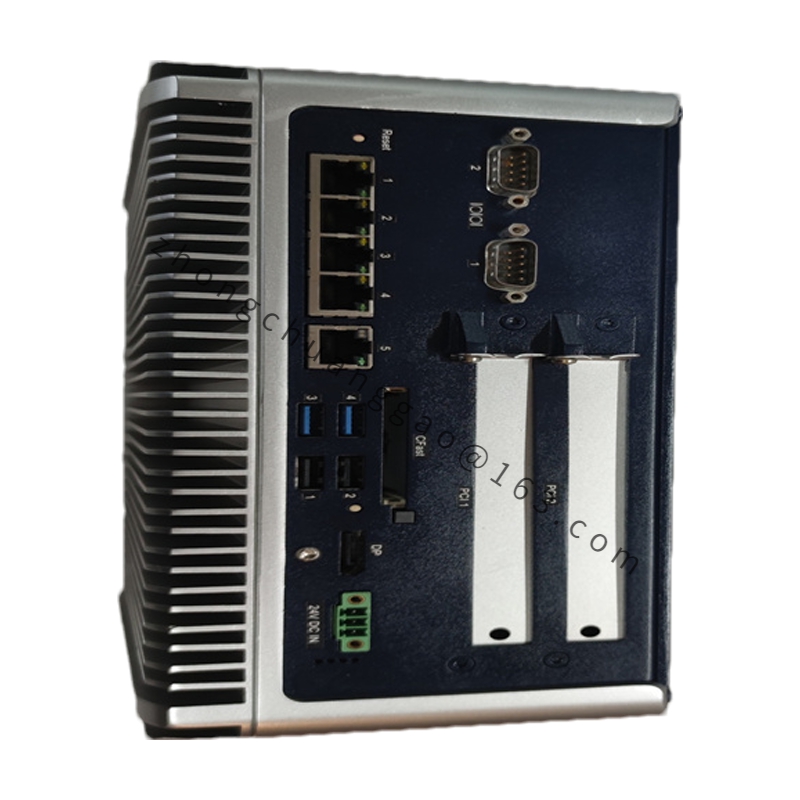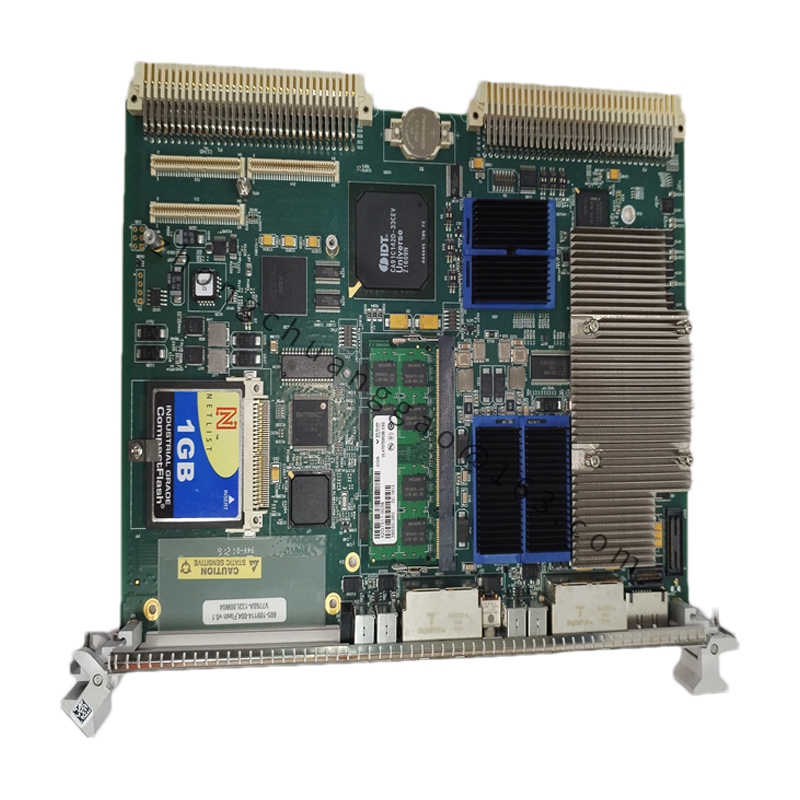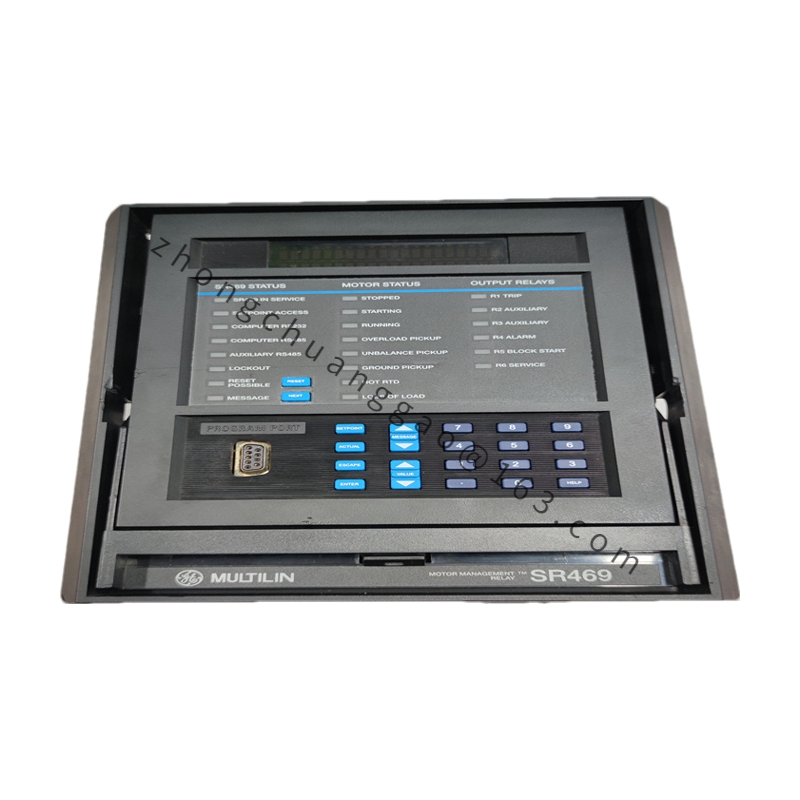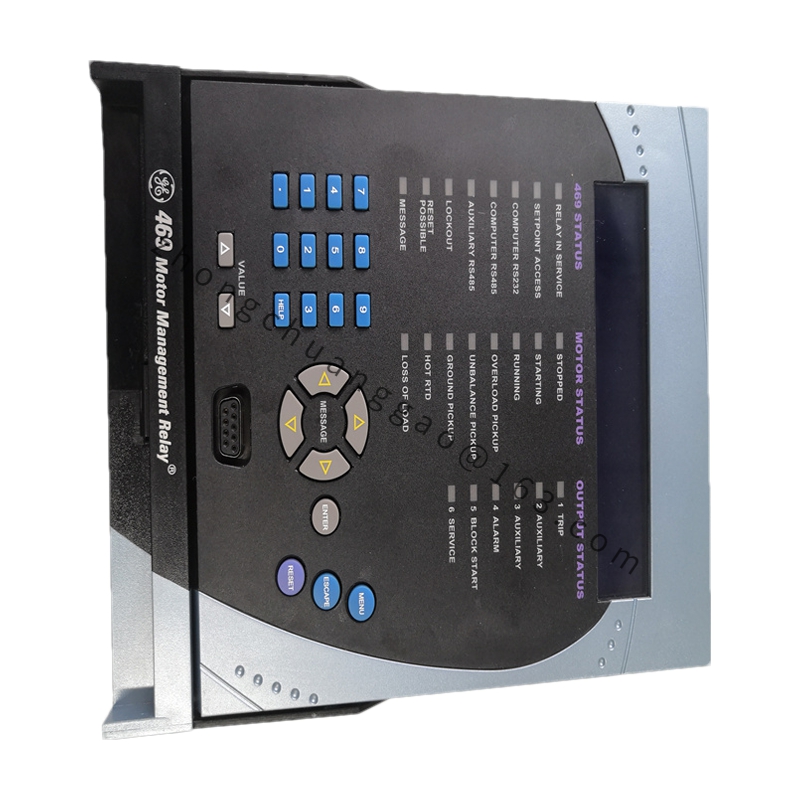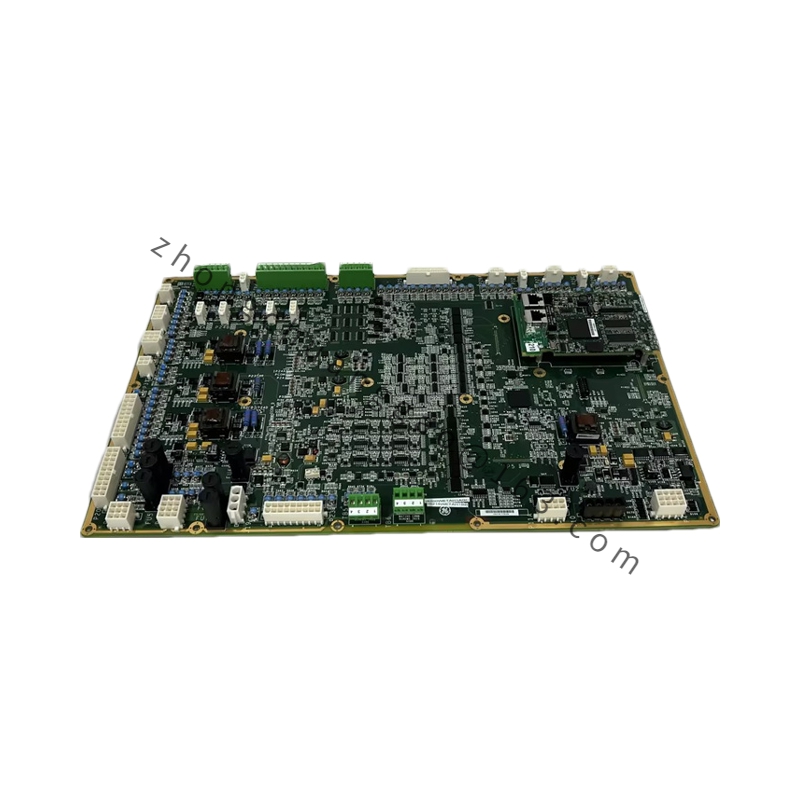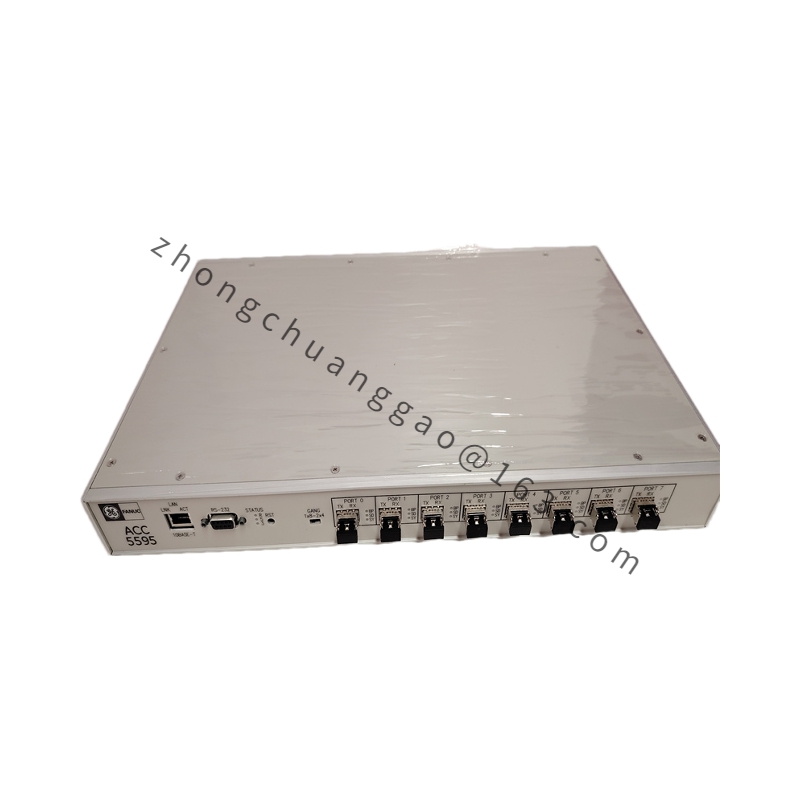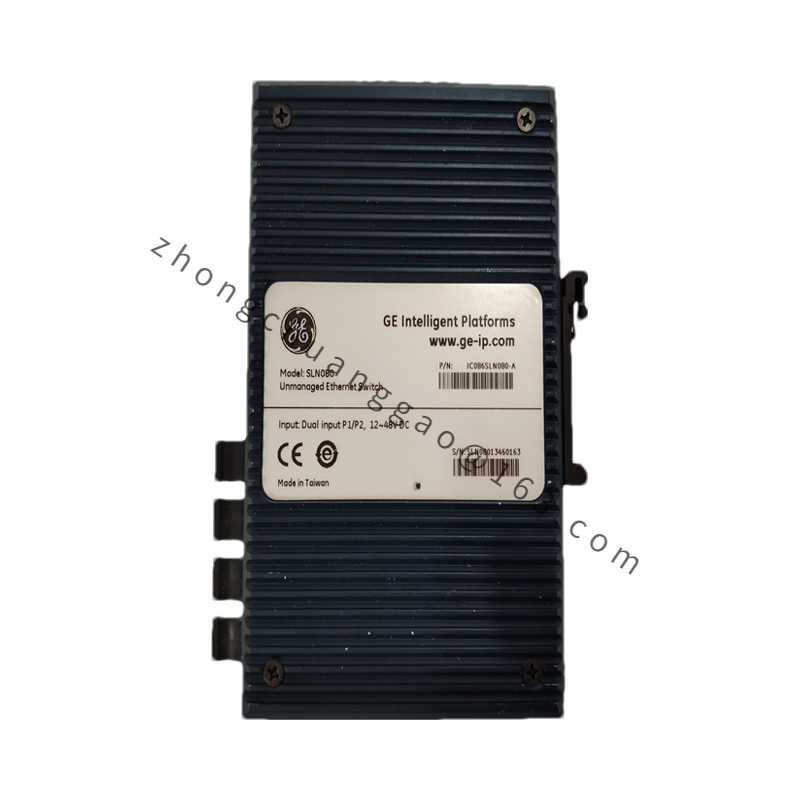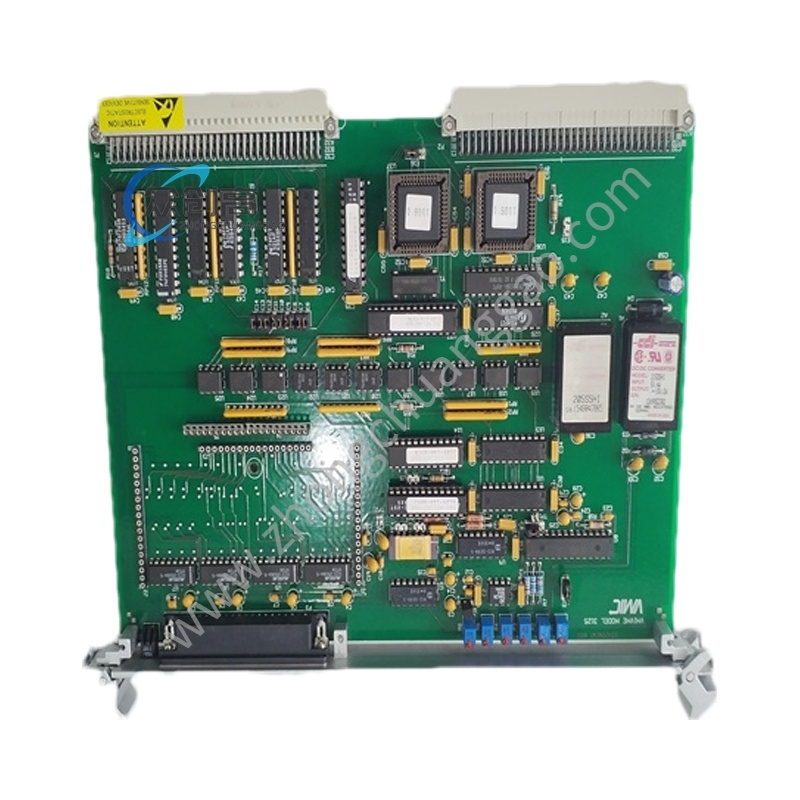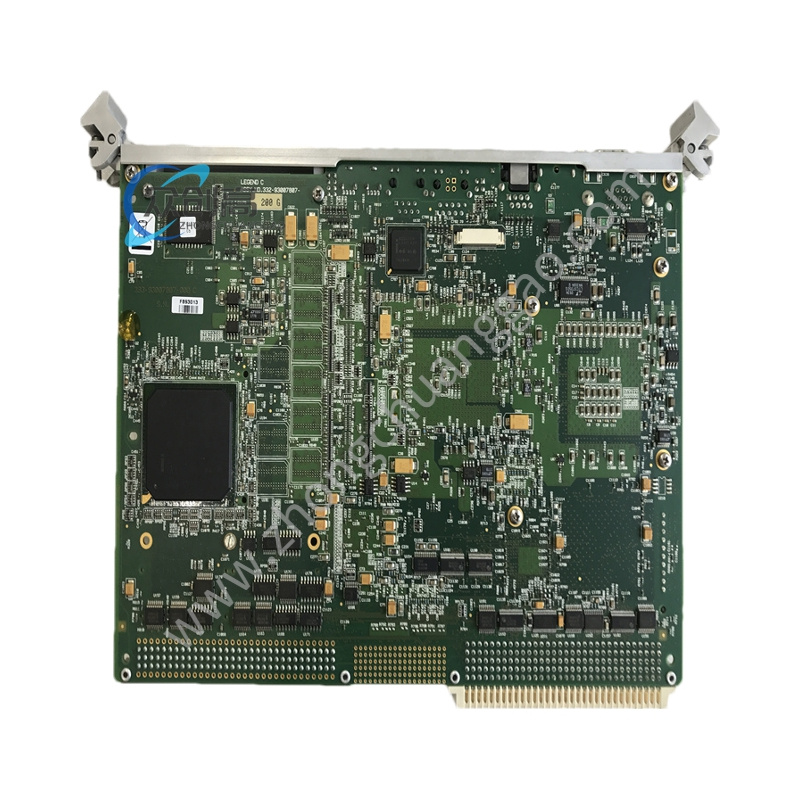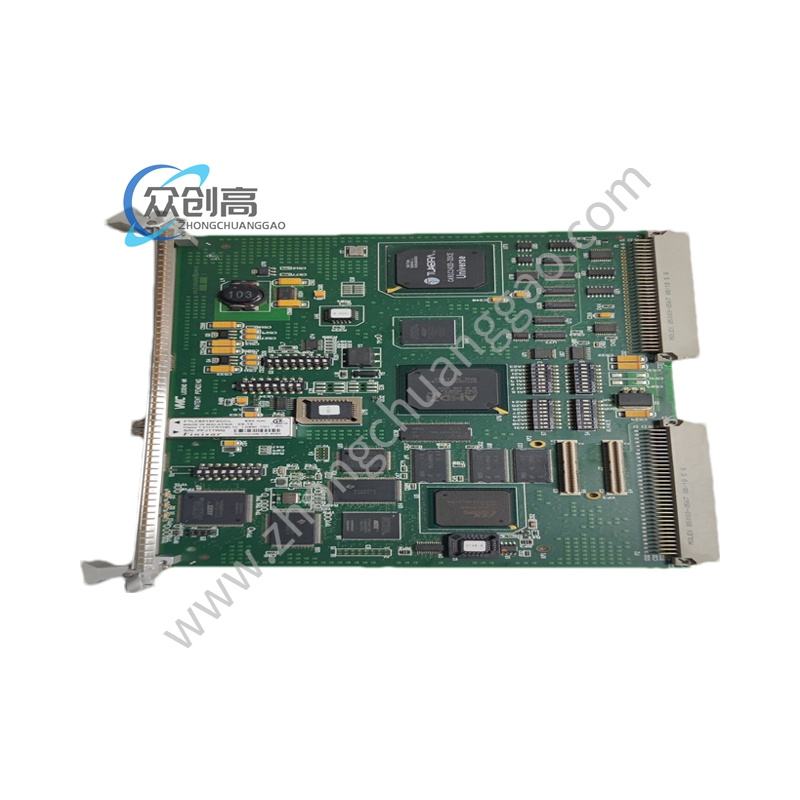Detailed content
Technical Specifications:
- Model: GE VME-7807RC
- Type: VMEbus Interface Module
- Form Factor:
- Bus Type: VMEbus (Versa Module Europe bus)
- Slot Size: Standard VME 6U form factor, designed to fit into VME-based systems.
- Processor and Memory:
- Processor Type: The VME-7807RC typically includes a high-performance processor suitable for demanding applications. The specific processor model and clock speed should be verified with the datasheet.
- Memory: Comes with onboard memory for data handling and processing. The exact amount of RAM and non-volatile memory (e.g., flash) should be confirmed in the datasheet.
- I/O and Expansion:
- Digital I/O: Features multiple digital input/output channels for interfacing with external devices. The exact number and configuration of these I/O channels should be detailed in the datasheet.
- Analog I/O: Some models may include analog input/output channels. Specifications for these should be confirmed based on the variant of the VME-7807RC.
- Expansion Slots: Provides options for additional expansion cards or modules.
- Communication Interfaces:
- Network Ports: Typically includes Ethernet or other network interfaces for communication with external systems. Specific port types and communication protocols should be confirmed with the datasheet.
- Serial Ports: Includes serial communication ports such as RS-232 or RS-485 for interfacing with other devices.
- Power Supply:
- Voltage Requirements: Operates with standard VMEbus power supplies, typically including +5V DC and ±12V DC. Specific power requirements should be checked in the datasheet.
- Environmental Specifications:
- Operating Temperature: Designed to operate within a specified temperature range suitable for industrial or military environments. Exact temperature limits should be confirmed with the datasheet.
- Humidity: Rated for operation in controlled environments. Humidity tolerance details should be checked in the datasheet.
Functional Features:
- High Performance:
- Processing Power: Equipped with a high-performance processor to handle complex processing tasks and data management.
- Memory Utilization: Ample memory for handling extensive applications and system processes.
- Versatile I/O Capabilities:
- Flexible I/O: Multiple I/O channels for connecting and controlling various peripherals and devices.
- Expansion Options: Allows for the addition of extra I/O modules and expansion cards.
- Communication and Integration:
- Network Integration: Supports network connectivity for integration with other systems and remote communication.
- Serial Communication: Includes serial ports for connecting with legacy systems and equipment.
- Reliability and Durability:
- Robust Design: Designed to operate reliably in harsh environments, including industrial and defense applications.
- Long-Term Operation: Built for continuous operation with minimal maintenance.
- System Integration:
- Compatibility: Compatible with VMEbus-based systems, allowing for easy integration into existing setups.
- Software Support: Typically supported by a range of software tools for system configuration and management.
Applications:
- Industrial Automation:
- Control Systems: Utilized in industrial control systems for managing and monitoring complex processes.
- Data Acquisition: Facilitates data acquisition and processing for various industrial applications.
- Military and Defense:
- Mission-Critical Systems: Used in military and defense applications where high reliability and performance are essential.
- Embedded Systems: Suitable for embedded applications requiring rugged and high-performance computing.
- Telecommunications:
- Network Management: Applied in telecommunications infrastructure for network management and control.
- Research and Development:
- Experimental Systems: Employed in research and development environments for testing and developing advanced technologies.
Additional Information:
- Software Compatibility: Compatible with various configuration and management software platforms.
- Installation: Designed for straightforward integration into VME-based systems with standard mounting and connection options.
- Certification and Compliance: Adheres to industry standards for safety, performance, and electromagnetic compatibility (EMC). Certification details should be verified with the datasheet.

